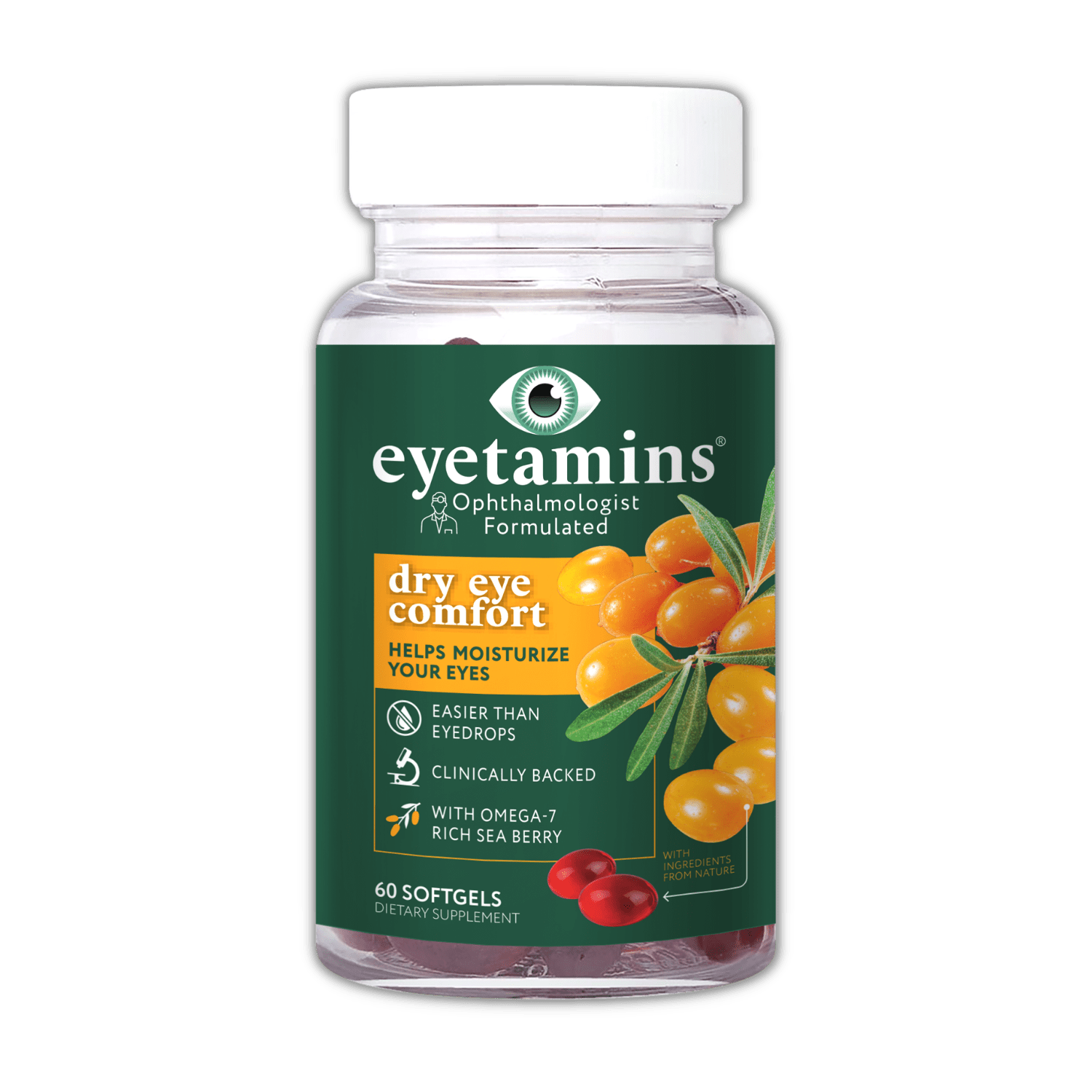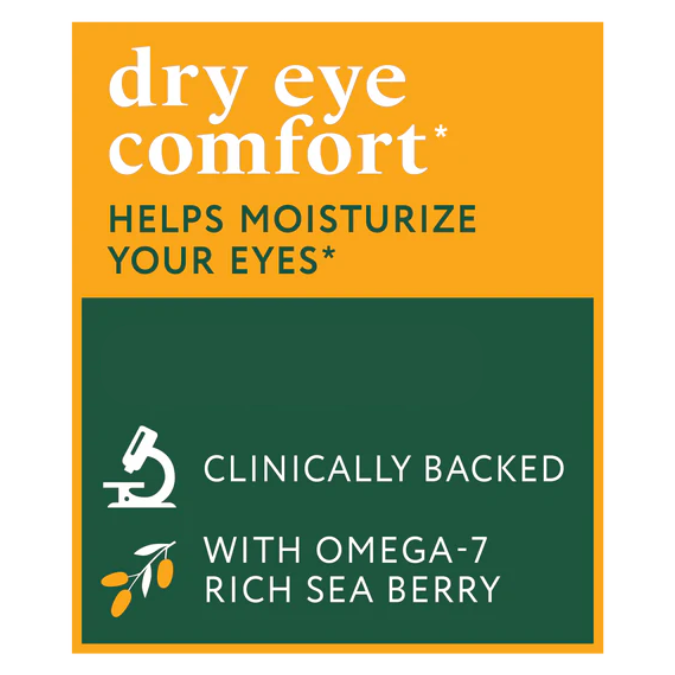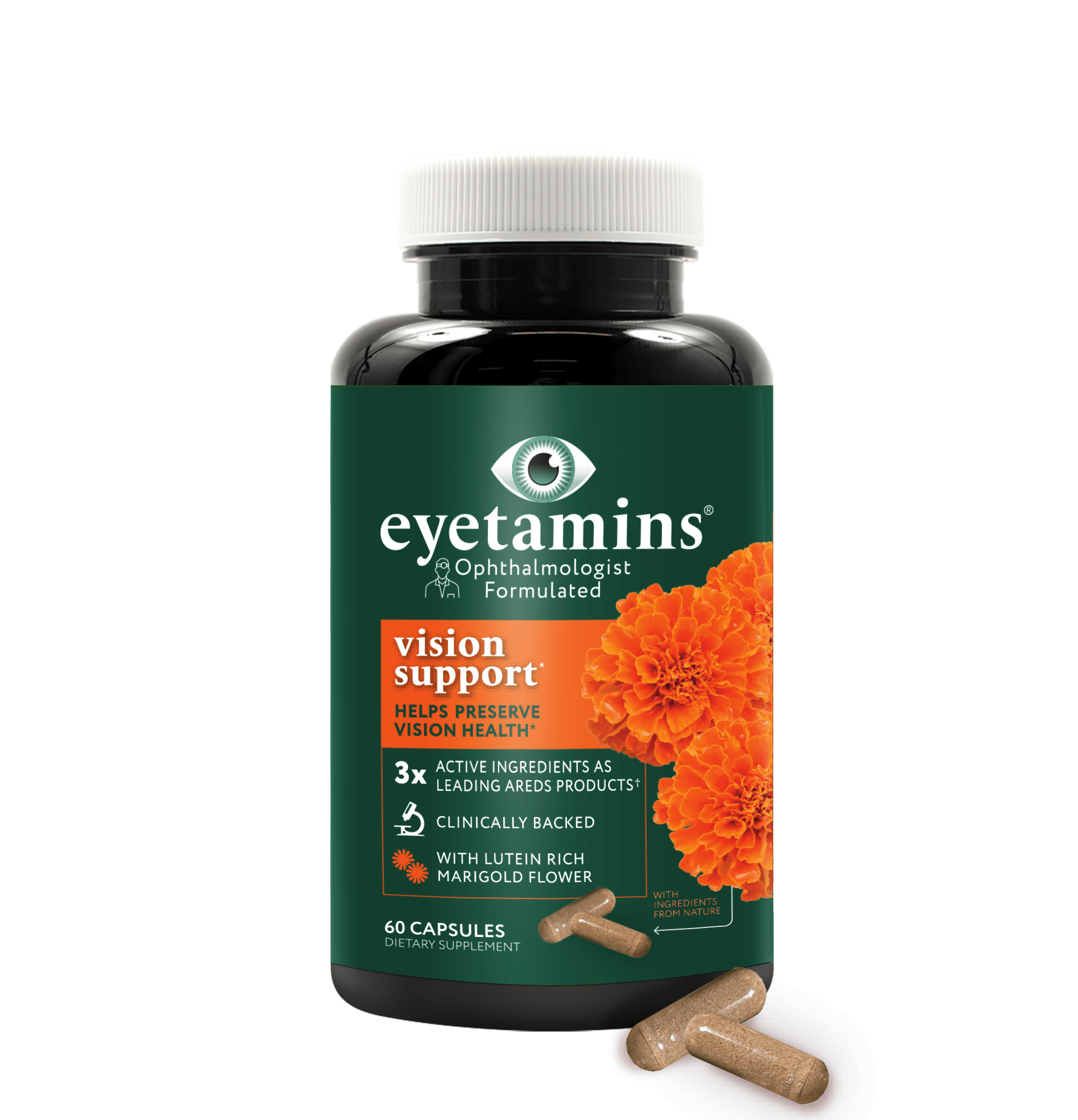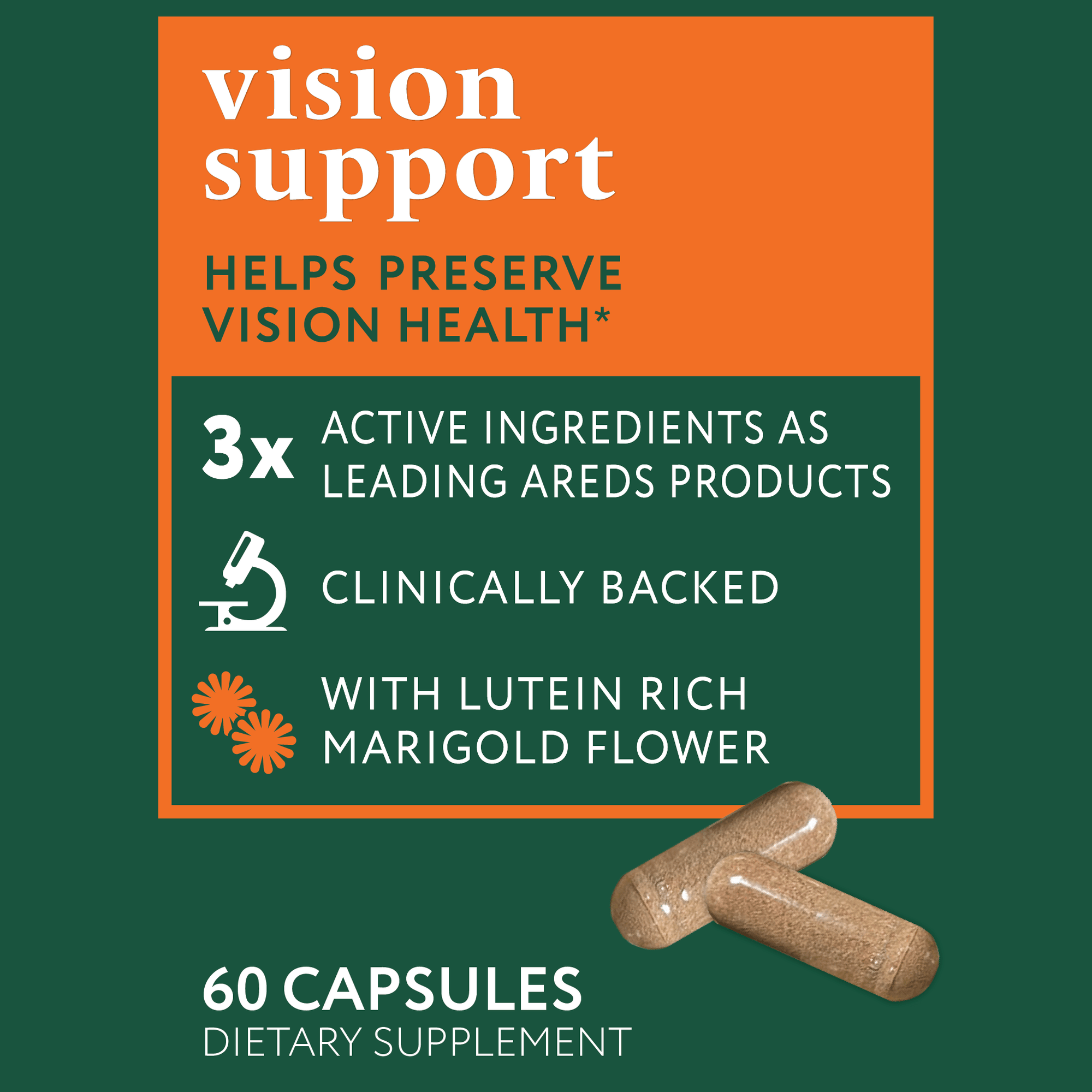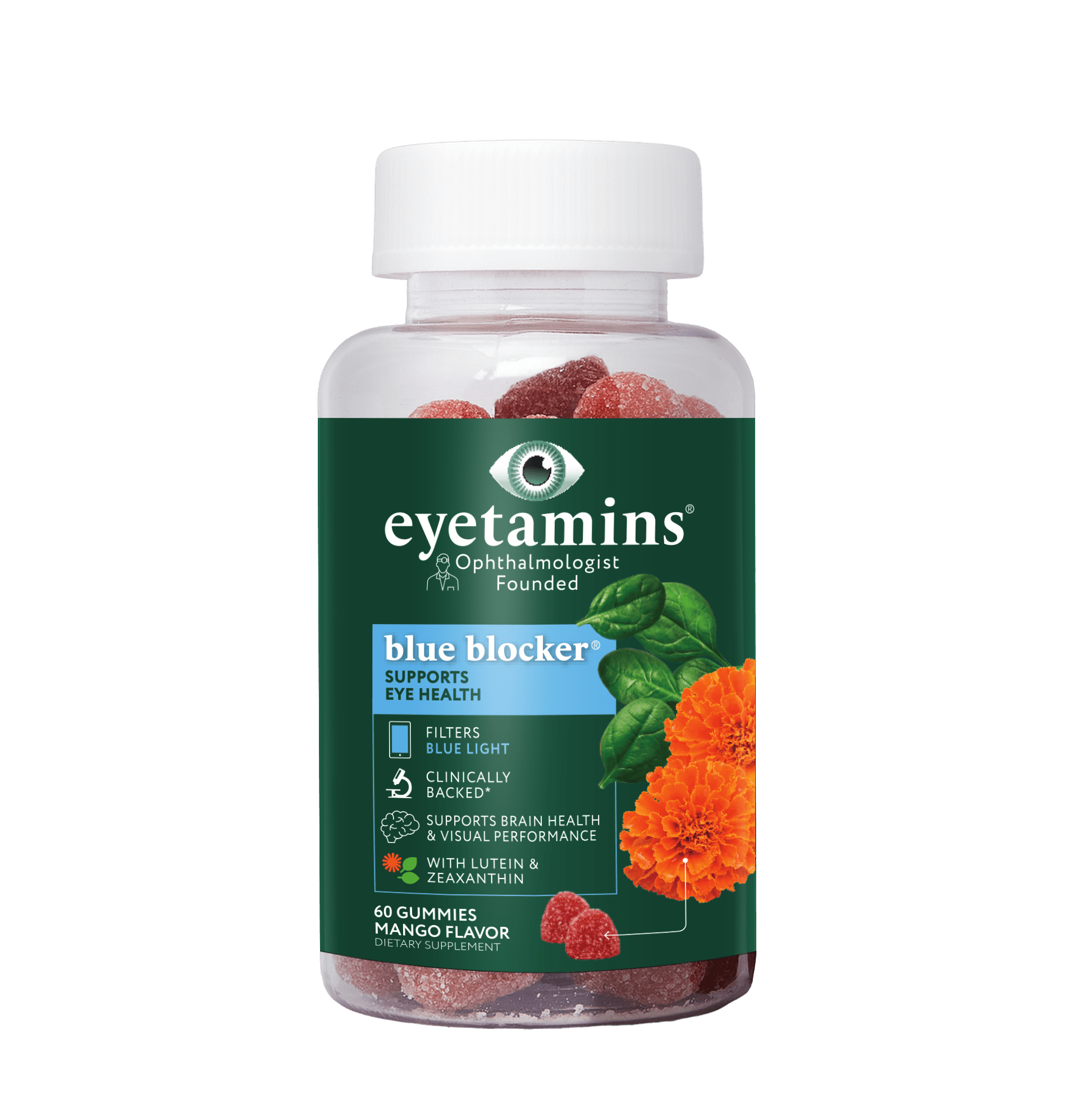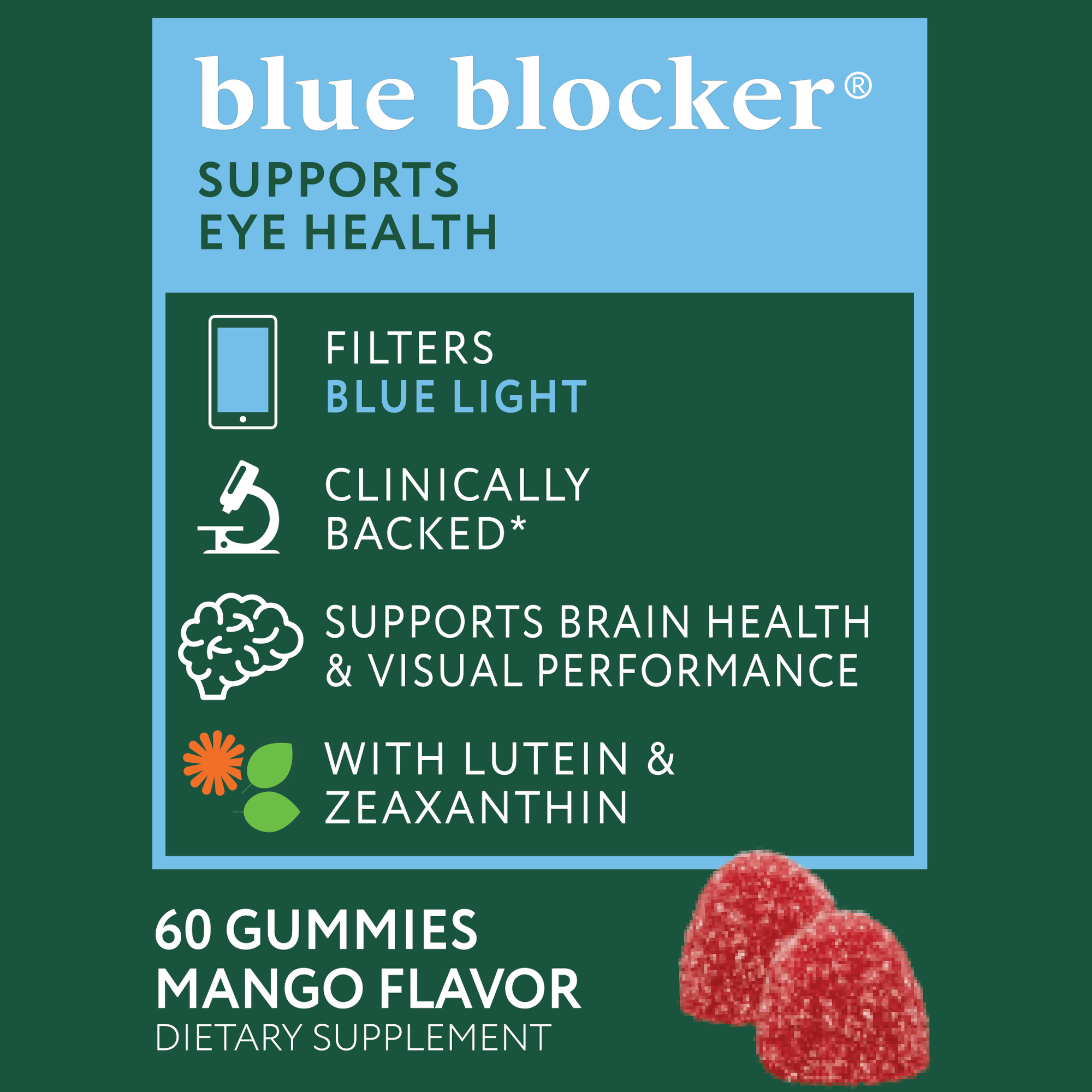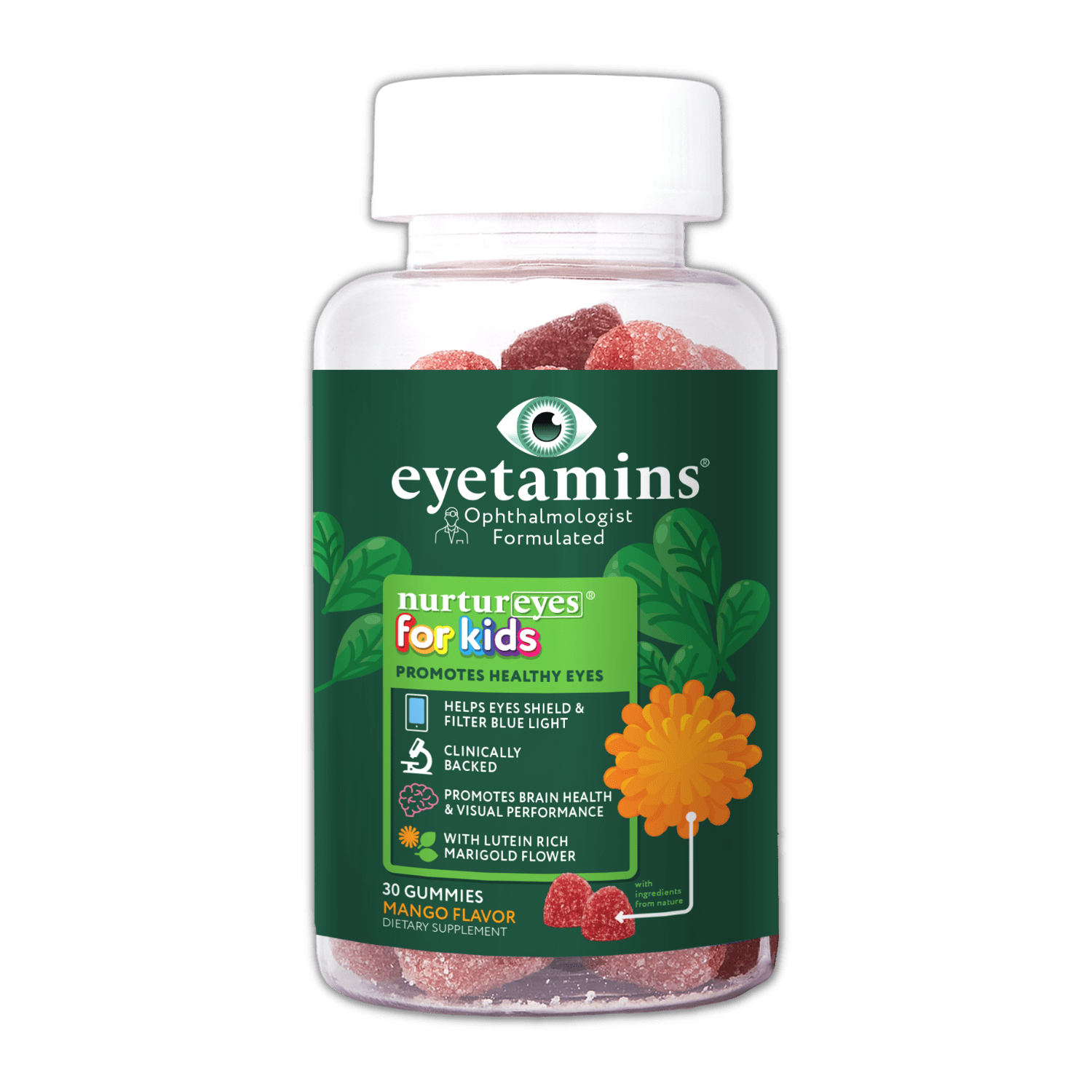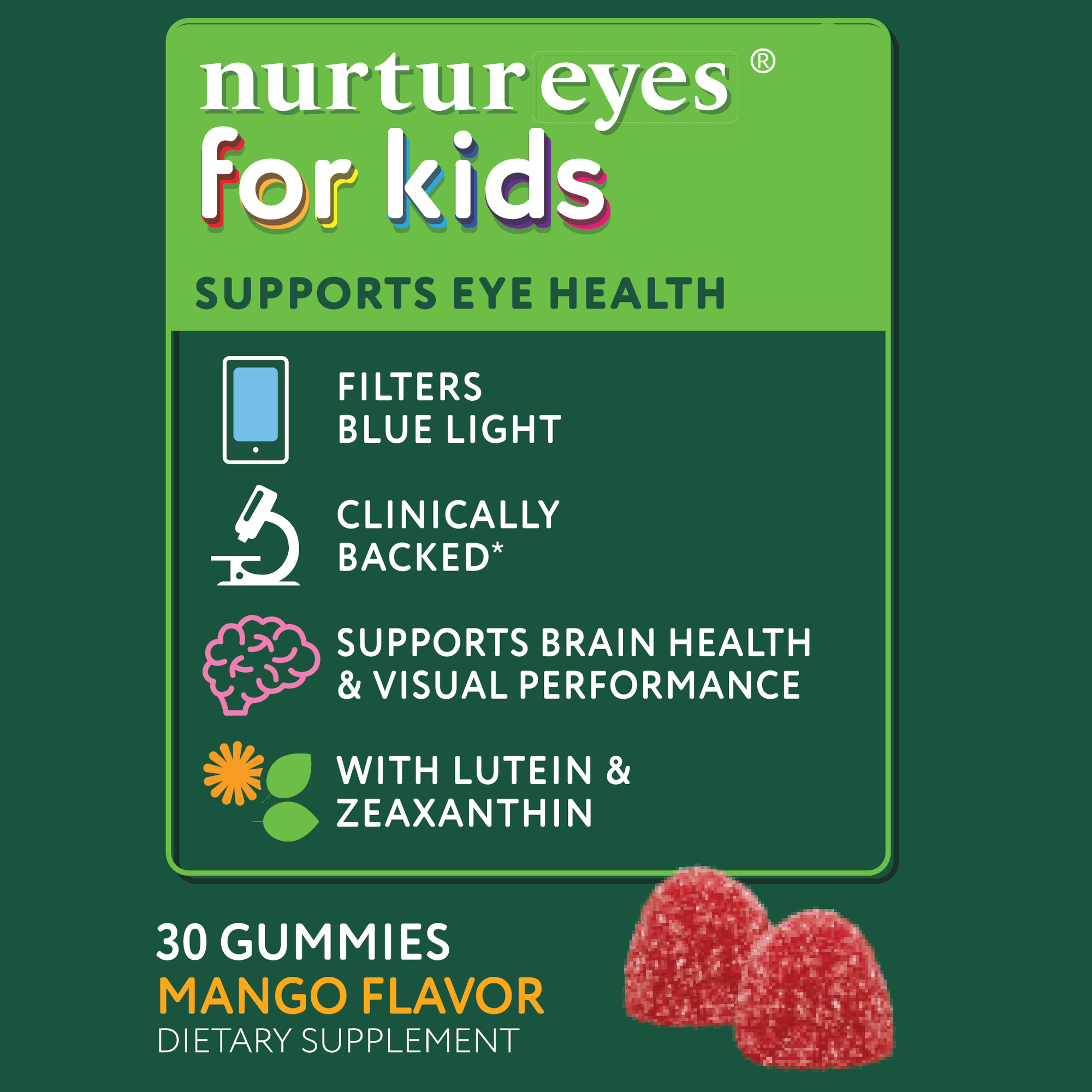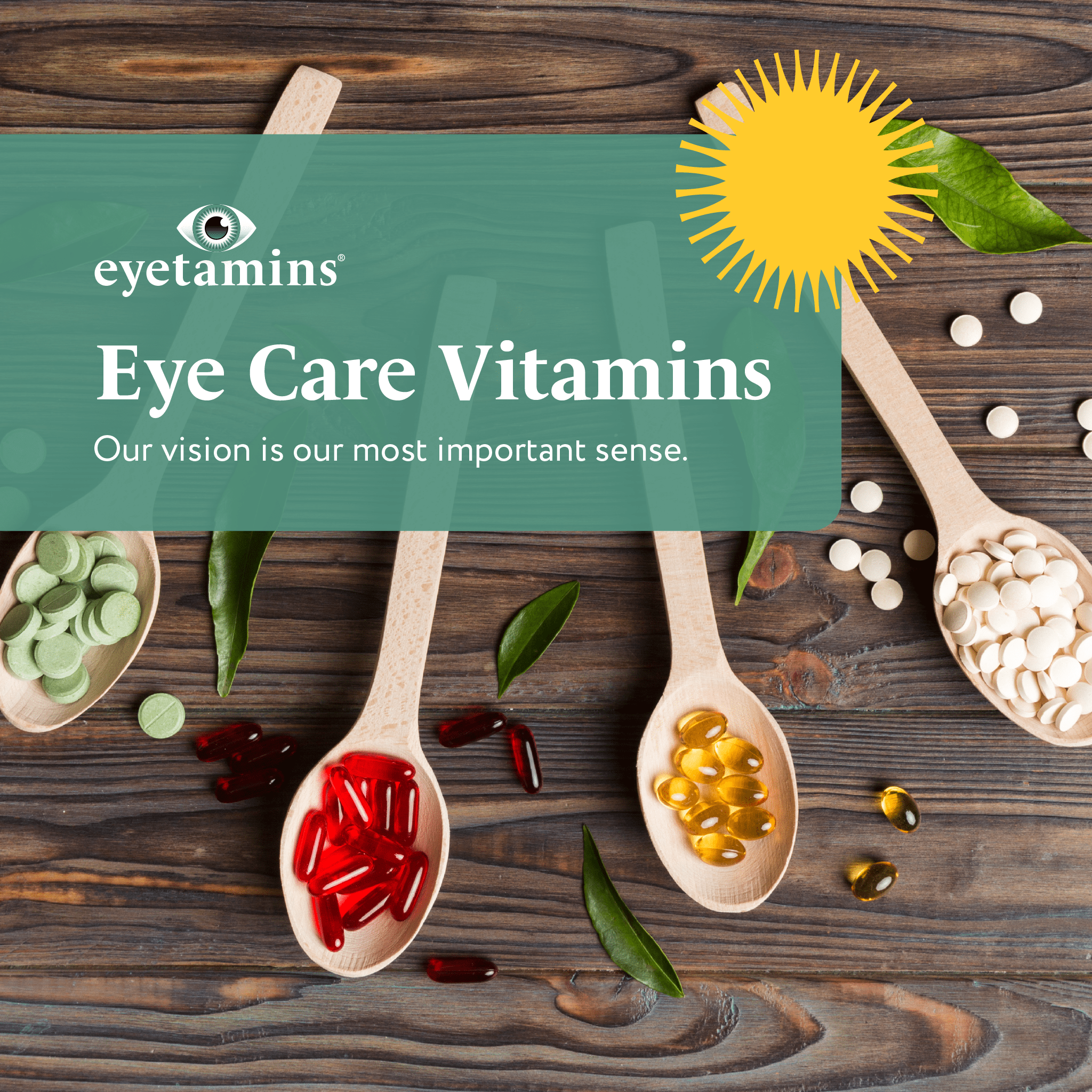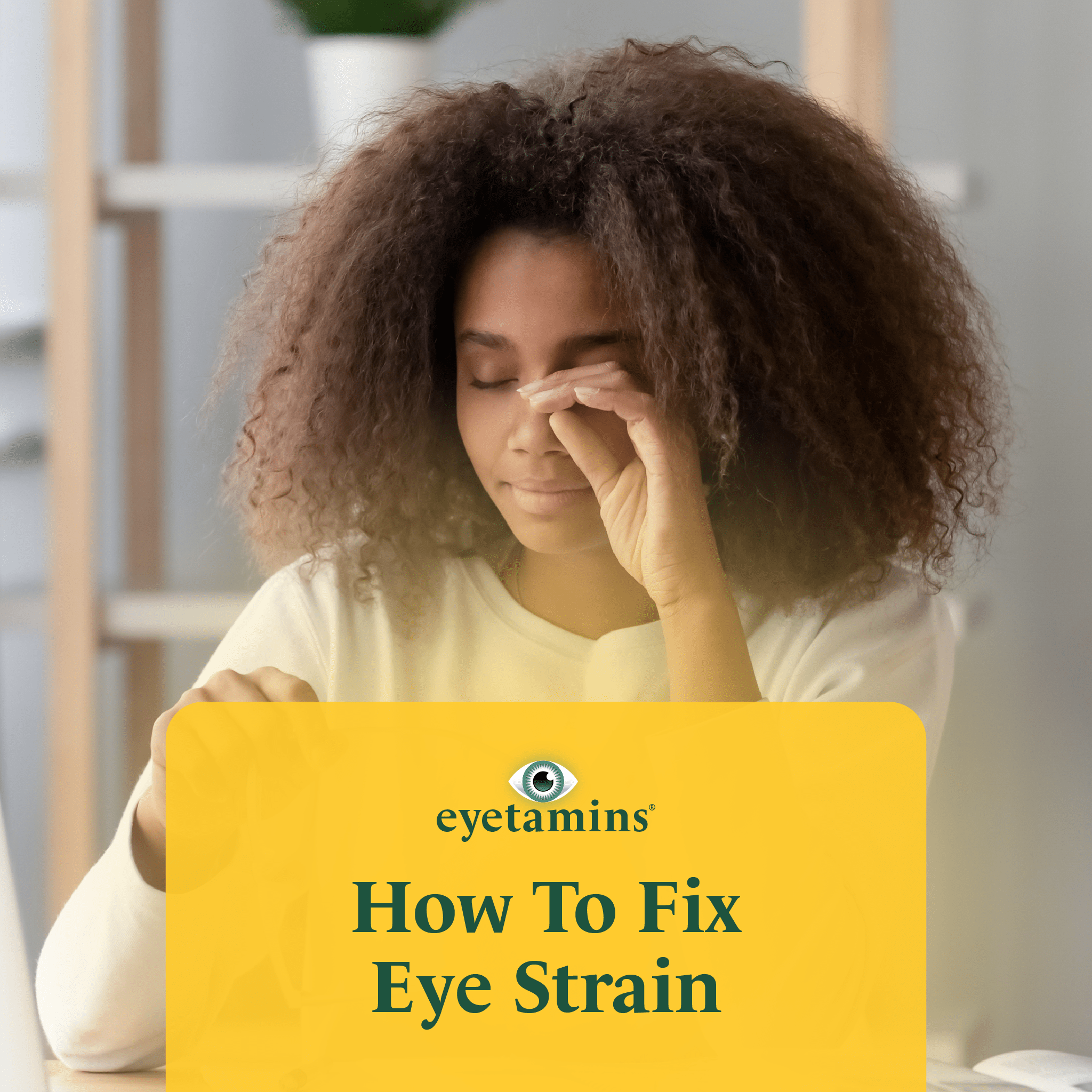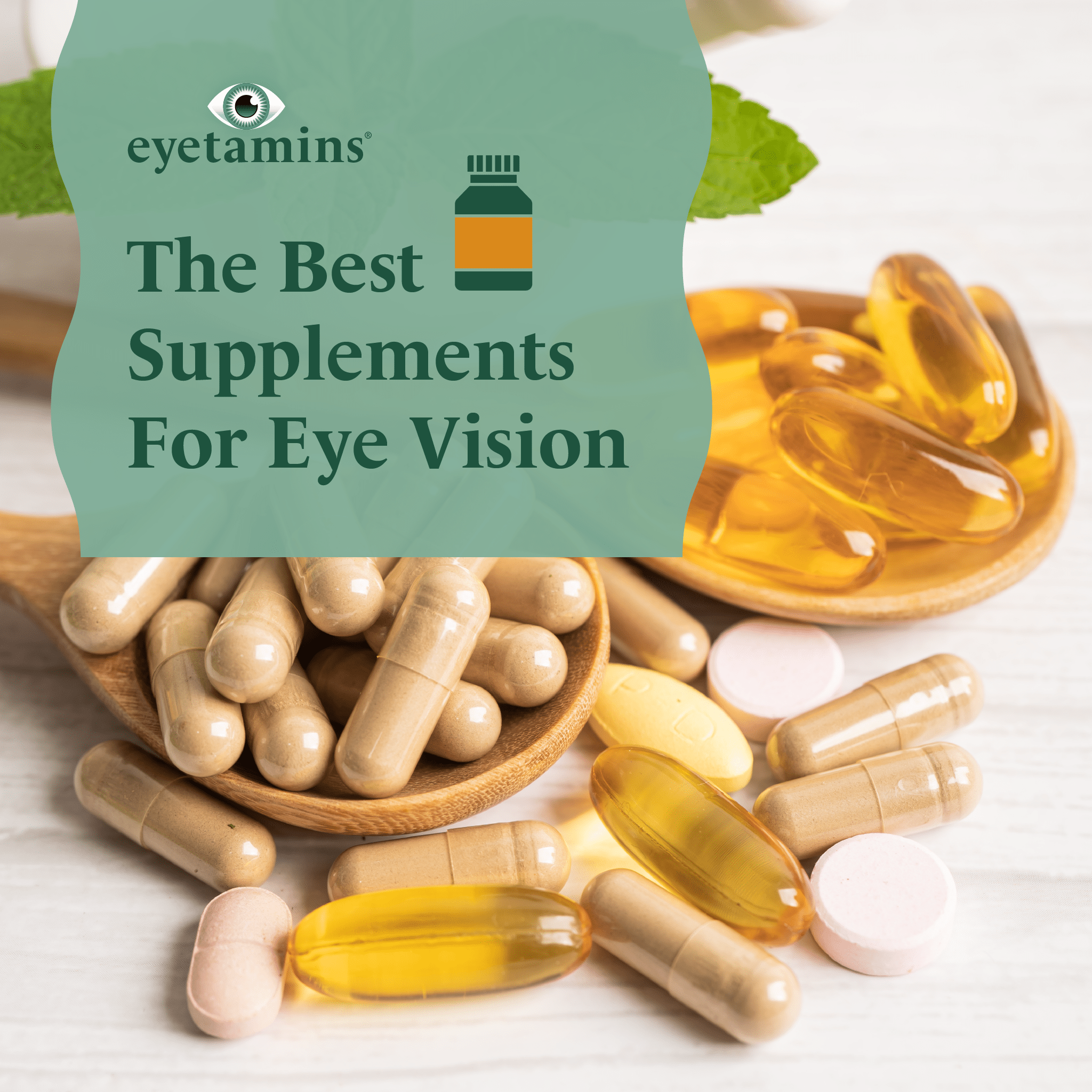· By Dr. Kaushal M. Kulkarni, M.D.
Does Looking At Screens Affect Eyes?
There’s no doubt that we’re living in a digital age, where screens are a part of everyday life. But does all this screen time come at a cost to our eyes?
In this article, we take a closer look at the effects screens have on our eyes in both the short- and long-term, plus answer a few of the most frequently asked questions about screen time.

How Do Screens Affect Your Eyes?
Many people spend hours staring at screens, whether they're working on a computer, scrolling through social media on their phone, or watching TV. And while there's no denying that screen time can be addictive, there's also growing evidence that it can have a negative impact on your eyesight.
Short-Term Effects
Recent research has sought to understand the effects screens have on our eyes. One recent study concluded that daily computer usage increased the likelihood of developing an evaporative-type dry eye disease, while another study found that digital eye strain may be as much as 50% more prevalent amongst computer users.
Other short-term effects screens can have on the eyes include headaches, migraines, blurred vision, and eye fatigue. Together with eye strain and dry eye, these symptoms have come to be known collectively as computer vision syndrome (CVS).
Long-Term Effects
If you already have an existing eye condition like dry eye, staring at screens for long periods of time can make it worse.
3 Easy Ways To Prevent Screen-Related Eye Damage

1. Block Blue Light
There are a few different ways to block blue light. One is to wear special glasses that have a coating that filters out blue light. You can also buy screens for your devices that do the same thing.
Another way to reduce your exposure to blue light is to take a vitamin supplement that contains lutein and zeaxanthin. These nutrients help to protect your eyes from damage caused by blue light.
2. Give Your Eyes a Chance To Rest
One of the most effective things you can do to prevent computer vision syndrome is to take frequent breaks. Every 20 minutes or so, look away from your screen and focus on something else for at least 20 seconds. This gives your eyes a chance to rest and prevents them from getting too tired.
You should also try to blink frequently to keep your eyes moist. And if you wear contacts, be sure to take them out at the end of the day to give your eyes a break.
3. Turn On Night Mode
Night mode, also known as dark mode, is a setting that can be enabled on many electronic devices, such as smartphones, tablets, and computers. The goal of night mode is to reduce eye strain and make the screen easier to look at in low-light conditions.
When night mode is enabled, the screen will emit less blue light, which has been shown to contribute to sleepiness and eye fatigue. In addition, some devices will adjust the color scheme of the screen to make it easier on the eyes.
While there is no definitive answer as to whether night mode is better for your eyes than normal mode, many experts believe that it can help to reduce eye strain in certain situations.
People Also Ask
1. Does looking at a screen worsen your eyesight?
Not really, but looking at a screen for extended periods of time can lead to digital eye strain, which can cause headaches, dry eyes, and sometimes temporary blurred vision.
2. What can worsen your eyesight?
There are many factors and conditions that can lead to worsening eyesight. The most common is the loss of reading ability as we age (presbyopia). If you are experiencing any decline in your eyesight, make sure you get checked by an eye doctor.
3. Is lower brightness better for your eyes?
It's a common misconception that lowering the brightness on your screen is better for your eyes. In fact, most people actually prefer to have their screens set to a higher brightness.
This is because the human eye is more sensitive to changes in light than it is to changes in brightness. When you lower the brightness of your screen, you're actually making it harder for your eyes to see the content on the screen. Additionally, lower brightness can also cause eye fatigue and headaches.
4. Is night mode good for the eyes?
While night mode is not good for your eyes, some studies suggest that night mode can help to reduce eye strain and improve sleep quality, while others find no significant difference between night mode and regular mode.
However, there are a few factors to keep in mind: night mode is not necessarily the same as blue light filtering, some devices allow you to adjust the color temperature without changing the colors of the screen, and finally, not all devices are created equal.
Conclusion
In conclusion, looking at screens for extended periods of time can have some negative effects, but there is no evidence that it will cause any long-term damage. However, there is still much to learn about the long-term effects of screens on our eyes, and it is important to be aware of the potential risks and to take steps to protect your eyes.
If you experience any symptoms of eye strain or fatigue, be sure to take breaks from screen time and consult a doctor if the symptoms persist. By following these simple precautions, you can help keep your eyes healthy and avoid any potential problems down the road.


